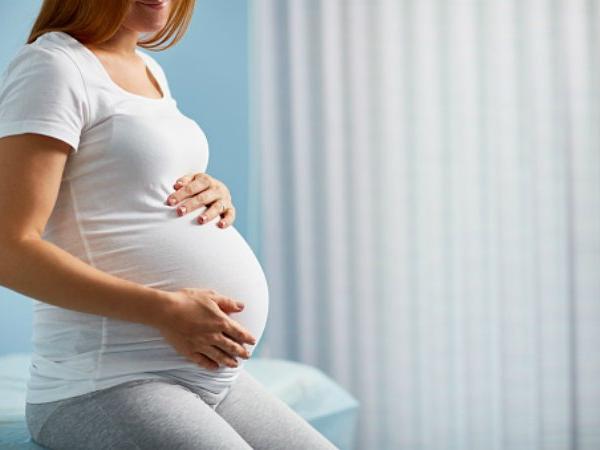In a recently released issue of Pediatrics, Dr. Hilary Brown and colleagues from Toronto, Canada ask an important question: are mothers with intellectual and developmental disability (IDD) more or less likely to have their infants placed in protective custody immediately after birth compared to mothers without such a disability (10.1542/peds.2018-1416)? The authors used several large and complete national health information databases to answer their question. A total of 3,845 women with IDD who delivered singleton live infants were compared to 379,834 women without IDD who delivered during the same 10 year period of study (4/1/2002 – 3/31/2012). It is discouraging but not surprising to learn that the rate of immediate post-delivery infant removal to protective custody was about 8 times higher among the women with IDD than without (5.7% vs 0.2%, respectively; adjusted Relative Risk of 8.10 [95% CI 6.51-10.09]). The study also tracked a proxy measure for the proportion of infants who were still separated from their mothers at one year of age by comparing maternal and infant zip codes at that age – no spoilers here on this intriguing follow up.
What can we do to move beyond hand wringing to action? While many infants may be in appropriate protective custody, the authors remind us that taking away the opportunity to bond, to breastfeed, and to nurture one’s child has potential for an enormous negative impact on both mother and infant. The key may be in the co-morbid vulnerabilities that were significantly associated with custody loss among mothers with IDD: psychotic mental health disorders, receipt of social assistance (which paradoxically should have been supportive but instead may serve as a marker for poverty) and inadequate prenatal care as measured by low visit number and no prenatal ultrasound by 20 weeks of gestation. Factors that were not measured but that might also be expected to significantly associate include homelessness and social isolation. One can only imagine the stress that pregnancy presents in the face of mental illness, intellectual disability and insufficient resources.
A very brief review of literature reveals substantial inconsistencies in guidelines for treatment with antipsychotic medications during pregnancy, the need to balance risk to the fetus from the medication with risk of untreated maternal illness, and absence of any antipsychotics licensed for use in pregnancy.1-3 Just as challenging, there are recommendations for shared decision making between the expectant woman, her obstetrician and her psychiatrist, which presumes adequate maternal health literacy and the cognitive ability to weigh abstract alternatives.4 It takes little imagination to envision an expectant woman with IDD discontinuing her medications to “help” her baby, leading to a mental health decompensation, with subsequent missed prenatal care visits. Early identification of pregnancy, followed by a structured and nurturing combination of prenatal home visiting and specialized pregnancy care would seem an obvious but challenging public health approach. Kudos to the authors for starting this discussion with their research.
References
1. Graham RK, Tavella G, Parker GB.Is there consensus across international evidence-based guidelines for the psychotropic drug management of bipolar disorder during the perinatal period? J Affect Disord. 2018 Mar 1;228:216-221. doi: 10.1016/j.jad.2017.12.022.
2. Galbally M, Snellen M, Power J. Antipsychotic drugs in pregnancy: a review of their maternal and fetal effects. Ther Adv Drug Saf. 2014;5(2):100-9.
3. Petersen I, McCrea RL, Sammon CJ, Osborn DP, Evans SJ, Cowen PJ, Freemantle N, Nazareth I.Risks and benefits of psychotropic medication in pregnancy: cohort studies based on UK electronic primary care health records. Health Technol Assess. 2016 Mar;20(23):1-176. doi: 10.3310/hta20230.
4. Scrandis DA. Bipolar Disorder in Pregnancy: A Review of Pregnancy Outcomes. J Midwifery Womens Health. 2017 Nov;62(6):673-683. doi: 10.1111/jmwh.12645.
Originally seen in the Journal Blog at http://www.aappublications.org/news/2018/11/15/child-bearing-and-the-challenges-of-intellectual-disability-pediatrics-11-15-18


